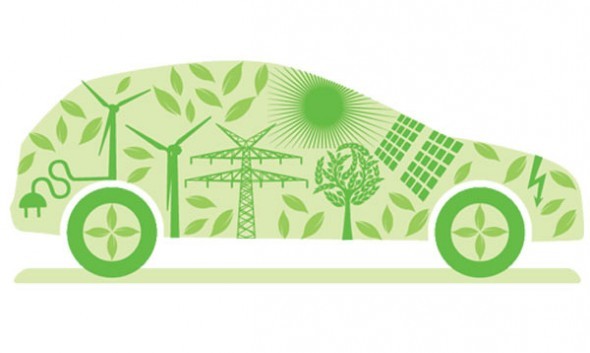Advancing Equity in Decarbonization: Oregon DEQ Adopts Final Clean Fuels Program Rules
Posted on April 8, 2021 by Mike Goetz
Tags, Energy

Late in 2020, CUB published a blog announcing our appointment to the Oregon Department of Environmental Quality (DEQ)’s Rulemaking Advisory Committee. The Committee is tasked with crafting new amendments to Oregon’s Clean Fuels program. Launched in 2016, the program is designed to decrease the amount of greenhouse gas created during the life cycle of transportation fuels used in the state. After a DEQ Administrative Order was issued on March 26, 2021, the rules that CUB helped to draft are now final. Although various industry representatives were at the table, along with a wide array of other stakeholders with disparate interests, CUB and allies were able to help secure several key protections for customers.
Perhaps chief among these is the establishment of an Equity Advisory Committee (EAC) to oversee how a new pool of incremental credits generated from the program will be spent. Incremental credits are generated by an action to lower the carbon intensity of the electricity charging the electric vehicle. For example, a utility can build renewable energy resources to serve select customers or municipalities, or it can purchase renewable energy credits on the market to further lower the carbon intensity of its electric grid mix. (Renewable energy credits are accounting tools that represent the environmental attributes of renewable energy generation, such as carbon reduction.)
The EAC will be comprised of Oregon residents and will be selected following an application process in May 2021. The rules state that DEQ will seek representatives from Environmental Justice Communities, defined as “minority and low-income communities, tribal communities, and other communities traditionally underrepresented in public processes”, as well as representatives with experience in transportation and transportation electrification.
Due to the advocacy of CUB and allied groups, the EAC will play a central role to advise DEQ in the selection of the incremental credit aggregator. The entity selected for this role will pool the incremental credits generated by the program, and will coordinate with the EAC to put the money toward projects that stand to contribute most to the public good. The EAC is tasked with establishing criteria to set the aggregator’s priorities, developing an annual work plan, and identifying areas of need that should be prioritized, among other steps. The rules provide that the utility producing the electricity that leads to the generation of credits has the first opportunity to aggregate incremental credits. But whether the aggregator ends up being a utility or a different entity, the strong oversight protections given to the EAC ensure these credits will help accelerate transportation electrification in Oregon in an equitable manner.
In short, the EAC will be comprised of a diverse array of equity and transportation experts from across the state to ensure that the incremental credits do the most good for groups that have been the most historically marginalized.
While this is undoubtedly a significant victory, CUB also broadly supports the remainder of the final rules. For example, the rules allow for timely updating of the carbon intensity of each individual utility’s electricity mix. This ensures that DEQ can accurately quantify how clean any given electricity fueling an electric vehicle actually is. The expansion of the clean fuels program will provide benefits to Oregonians far and wide, while lowering the carbon intensity of the state’s transportation sector.
Now that the rules are finalized, the next step will be implementing them. CUB looks forward to working with DEQ and stakeholders to help continue the rollout of this landmark program. Given that Oregon’s transportation sector is its biggest emitter of greenhouse gases, the need for a clean fuels program is great and the potential for economic as well as environmental benefit is substantial. CUB is gratified to be doing our part to ensure those benefits are shared by the Oregon communities that are most affected by climate change and air pollution. If you would like to read more about the clean fuels program, check out DEQ’s website.
To keep up with CUB, like us on Facebook and follow us on Twitter!





08/18/21 | 0 Comments | Advancing Equity in Decarbonization: Oregon DEQ Adopts Final Clean Fuels Program Rules